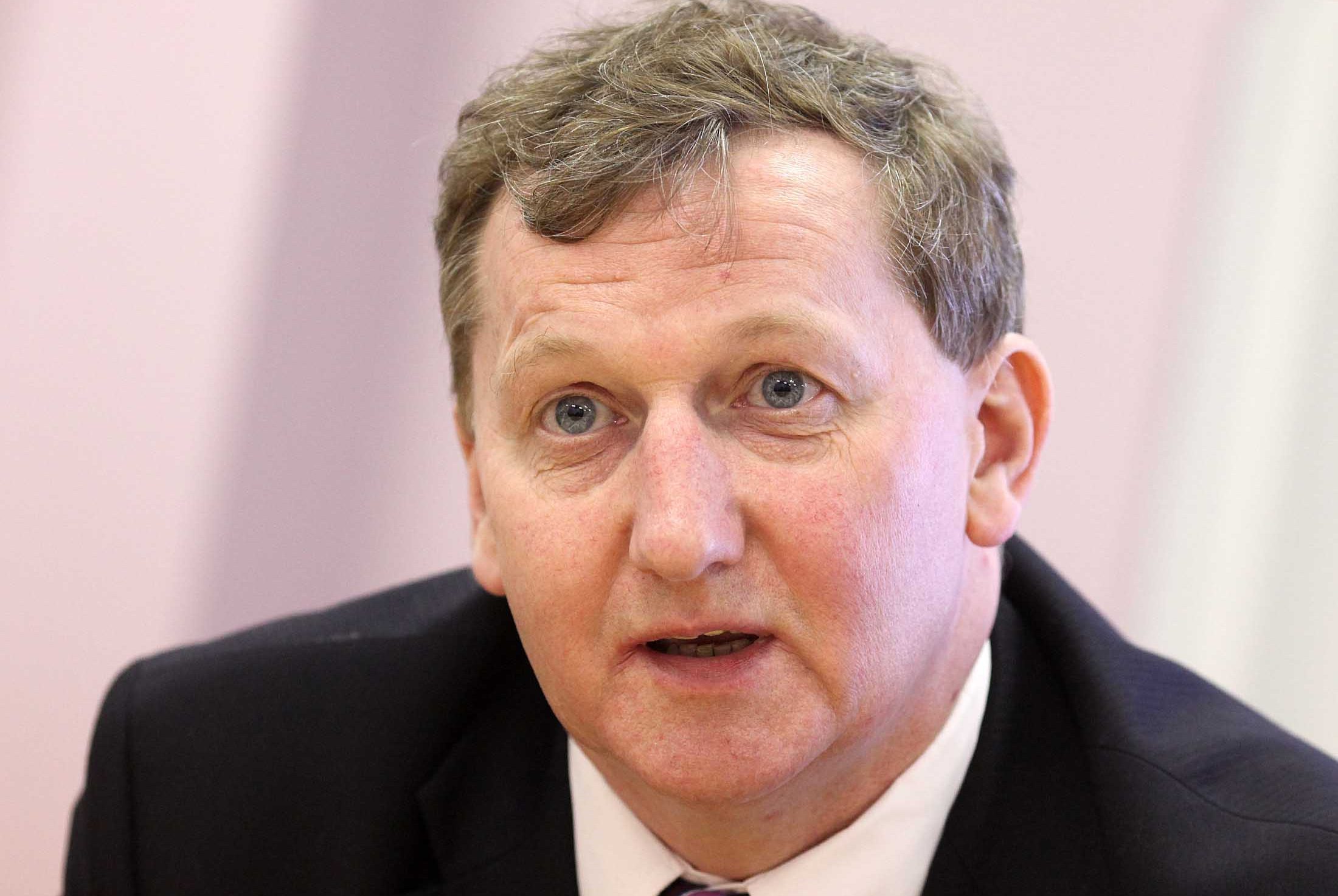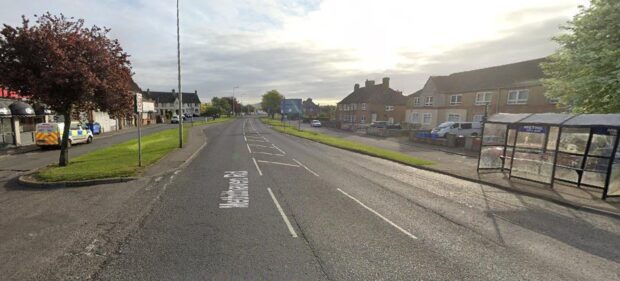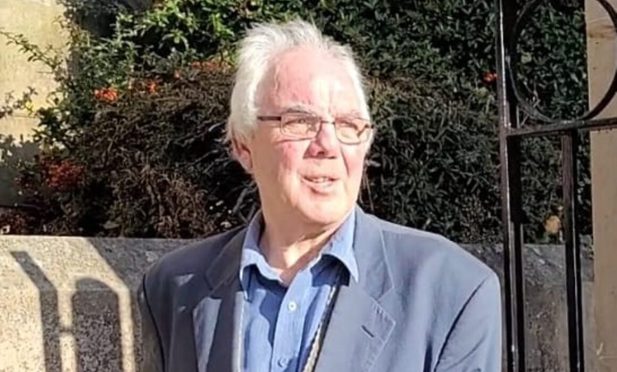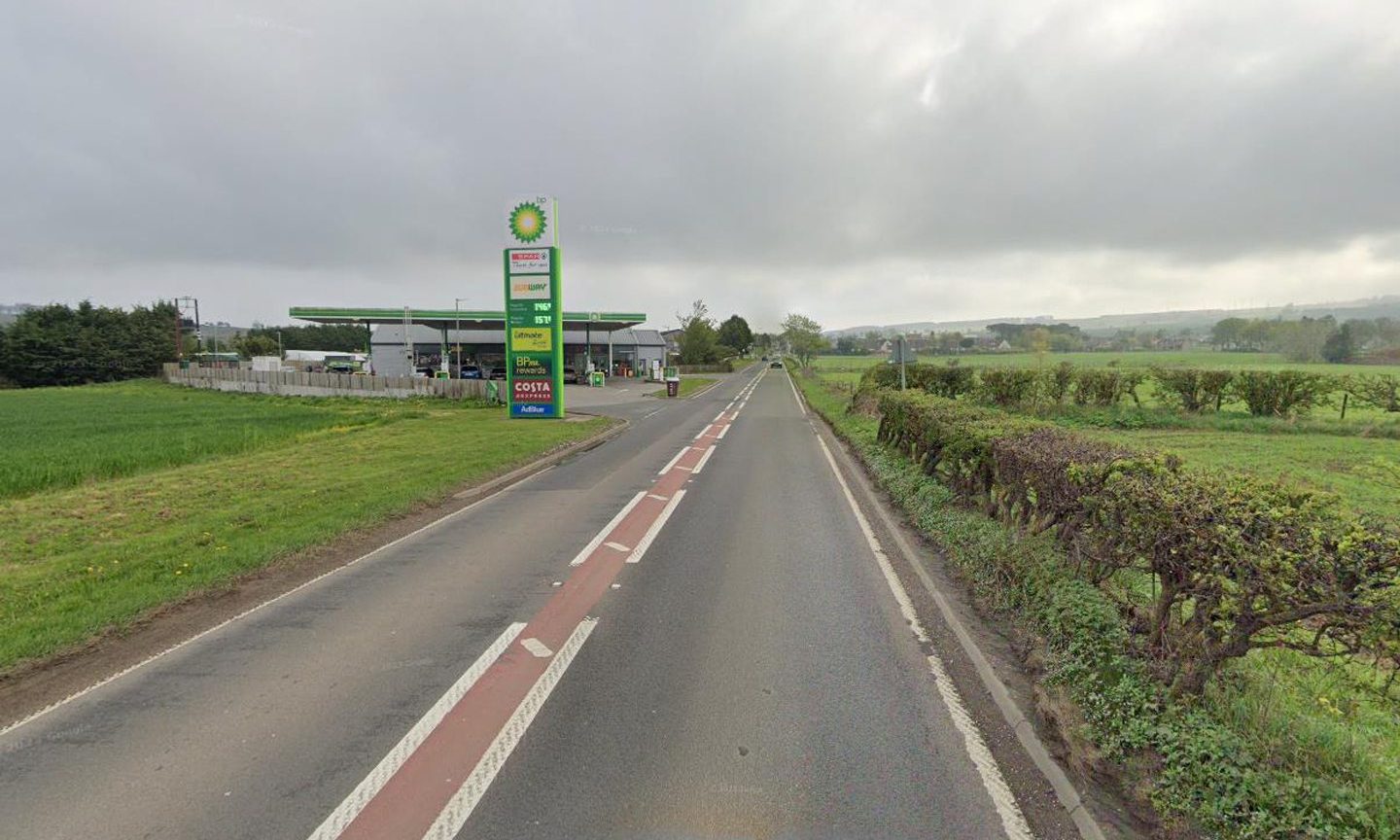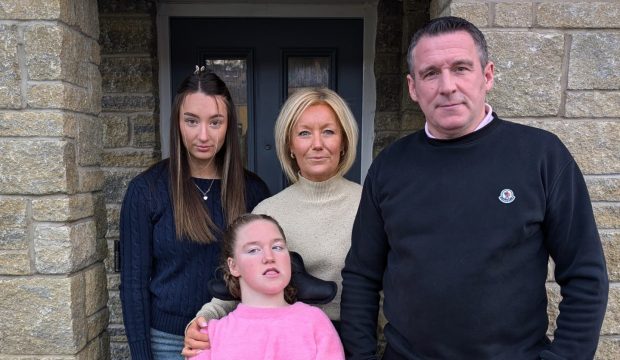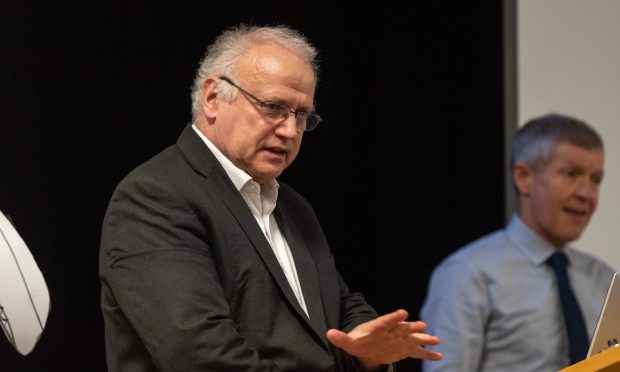A Fife MSP has written to Chancellor Philip Hammond asking him to grant an amnesty on billions of pounds worth of historic debts owed by councils across Scotland.
Labour’s deputy leader Alex Rowley has highlighted research carried out by the trade union Unite which shows that local authorities face around £2.4 billion of pre-devolution debt liabilities, with Scotland sending back a minimum of £3.3 billion in interest to HM Treasury in interest payments only on those sums.
The report from Unite also suggested that the pre-Scottish devolution debt liabilities – owed to the Public Works Loan Board (PWLB) – are being paid with a rate of return averaging 8%, whereas post-devolution interest rates are only about half of this figure.
Mr Rowley, who has raised a motion for debate in the Scottish Parliament on the issue which has achieved cross-party support, believes that the time has come for this historic financial burden to be dropped by the UK Government – and pointed out that Scottish devolution was supposed to be a “new beginning” for Scotland.
“We are seeing councils across Scotland facing cuts from Westminster and Holyrood,” he said.
“This means cuts to local services that can be vital for communities.
“I believe there is a need for action to address the level of sustained cuts to local government finances.
“If we take action on tackling this historic and outdated debt owed by councils, and the Chancellor agrees to my call for a debt amnesty, we can stop transferring money from one arm of government to another, and instead use that money to invest in our communities.
“Scottish devolution was intended to be a new beginning for Scotland, and as such this historic financial burden imposed by the Conservative government should be dropped.
“Not only that, but the initial sum has more than been paid back in interest alone in the years since devolution.
“Instead, we can use this money to try and mitigate the worst of the cuts imposed by the current UK and Scottish governments.”
Figures compiled by Unite suggest that Dundee City Council pre-devolution debt liability stands at around £141.4 million, while Fife’s is around £66.2 million.
Angus Council’s debt liability is said to be £26.6 million, while Perth and Kinross Council’s stands at £15.4 million.
In his letter to Mr Hammond, Mr Rowley also noted that the pre-devolution interest rates for loans from the PWLB were not set independently by either the Bank of England nor the PWLB themselves, but by the Conservative government.
A spokesperson for Unite Scotland said there is a “very strong moral and financial case” to call for a debt amnesty, and suggested the fact that the PWLB has reported a surplus of £2.8 billion means such an amnesty could be accommodated.
“An amnesty on pre-devolution debt interest repayments would create much needed breathing space in extremely pressurised Scottish Local Government budgets, saving hundreds of millions of pounds and thousands of jobs,” the union added.
“We are aware however that these recommendations are no panacea.
“Rather we believe these recommendations could form part of a package of measures to help reform local government finance which Scottish local authorities and the Scottish Government must unite around to protect services and jobs.”
Mr Hammond has yet to respond, although the Treasury has said there are currently “no plans” to change repayment plans.
